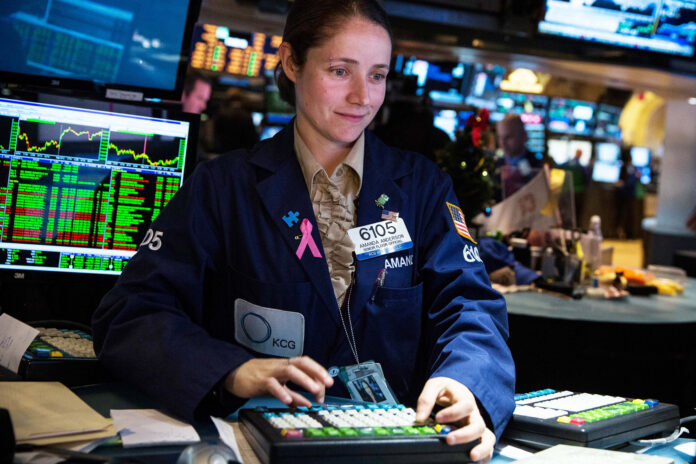March 5th was this years’ International Women’s Day, which is an annual event which sees people from around the world celebrate the social, economic, cultural and political achievements of females.
However, it also provides an opportunity to reflect on the areas in which advancements still need to be made, with the historically male-dominated financial markets offering a relevant case in point.
In this post, we’ll look at female representation in markets such as the foreign exchange, while asking whether women have more potential as successful traders over time.
How Well are Women Represented in the Forex Market?
At the start of the last decade, a detailed 2012 study by JM Coates found that an estimated 5% of all professional trading desks were occupied by women.
If we extend the data to account for the rising demographic of independent and part-time traders, we see that approximately 11% of all currency investors are female.
At first glance, these numbers are far from impressive, with women seemingly under-represented both in the professional marketplace (where various barriers to entry may exist) and amongst the rising number of self-employed investors throughout the UK.
However, if we consider these numbers in the context of trading floors from the 1980s and 1990s, it’s clear that significant progress in terms of women making their way successfully in the market.
In fact, the vast majority of female forex traders are thought to have entered the market during the last 20 years, blazing a trail for others to follow while challenging many of the historical stereotypes that define the forex market.
Of course, the rise of female traders has also coincided with the emergence of online trading platforms, which has eradicated the historical advantage enjoyed by male traders.
By having access to the market, female traders have also been able to improve their levels of confidence and financial decision making, empowering some to forge a new exciting career path. So, although a 2016 study found that just 22% of women rated themselves as ‘very well-prepared’ for financial decision making (compared to 37% of men), this number is growing at a rapid rate.
Are Women Better Traders Than Men?
The question that remains, of course, is do women offer anything different on the trading floor to men. The short answer is yes, and there’s at least some evidence to suggest that women may actually be better traders than men in some instances.
In fact, it’s thought that male traders are around 2.5-times more likely to break trading rules than women, while the same study found that this demographic was slightly more erroneous when opening up short positions.
Overall, 58% of women placing short trades did so correctly, compared with less than 53% of men. This is an important consideration, as is the fact that rule breakers are more likely to suffer adverse consequences in an increasingly well-regulated climate.
Male traders are also less likely to admit to their errors, primarily because they’re largely driven by hormones, emotion and remuneration sentiment. This also makes them more likely to chase losses, and in this respect hiring women as forex traders can create a more balanced and risk-averse approach that may safeguard capital.
On this point, we should note that women are proven to lose less money than men, while their penchant to trade less (and more selectively) also minimises brokerage fees and settlement costs.
This has a direct impact on profit, both for professional and institutional traders and those who invest their money independently.







